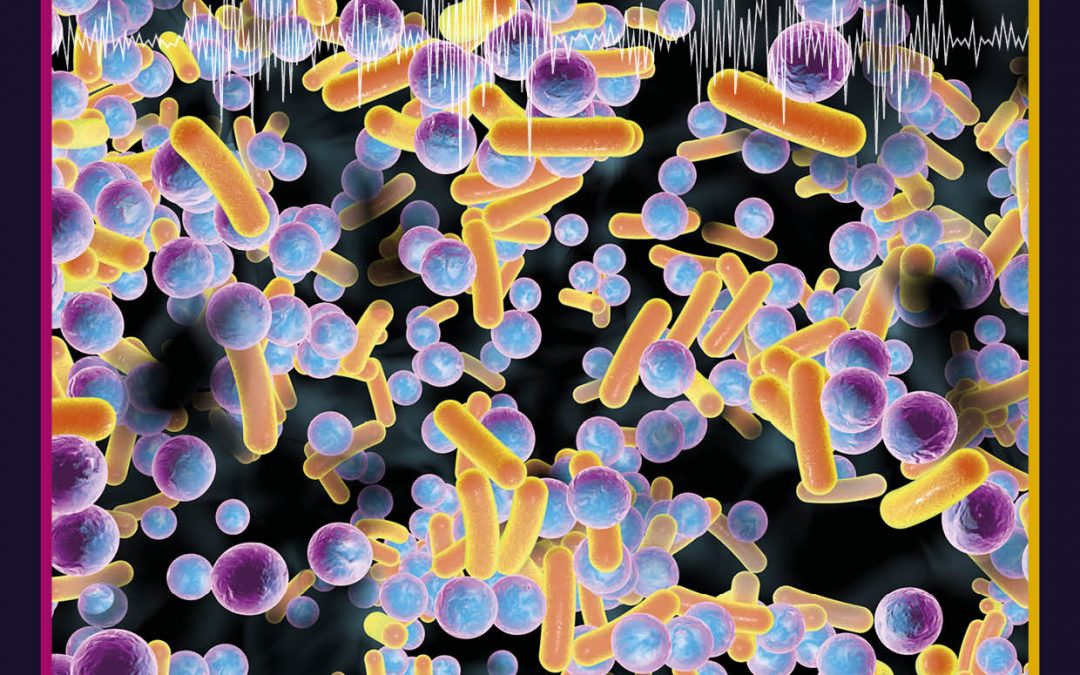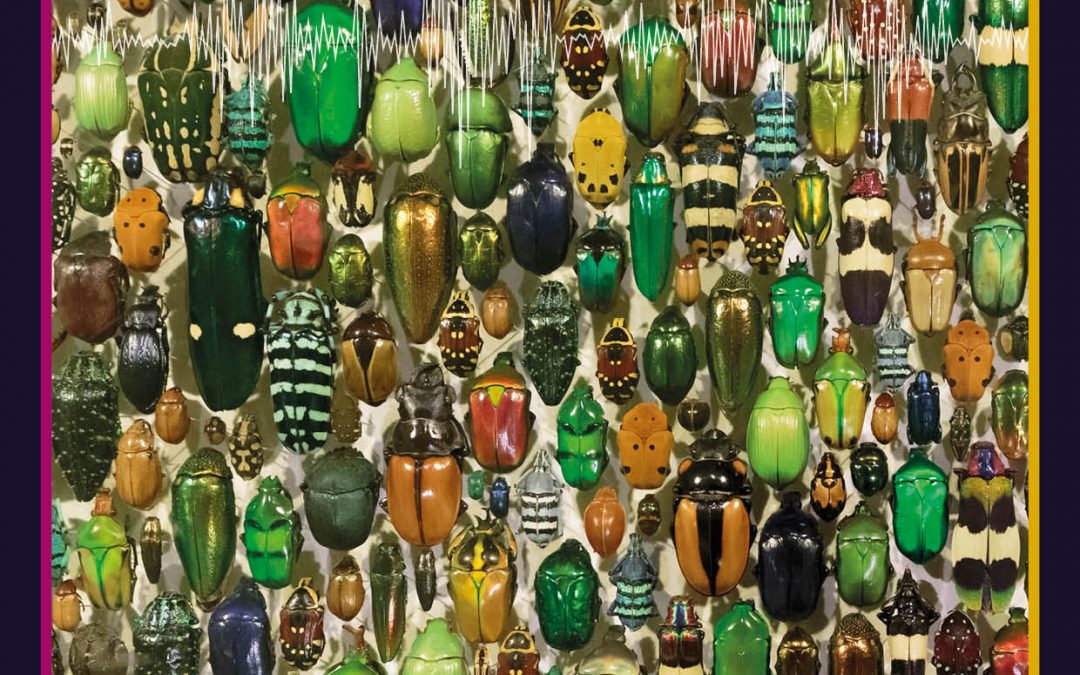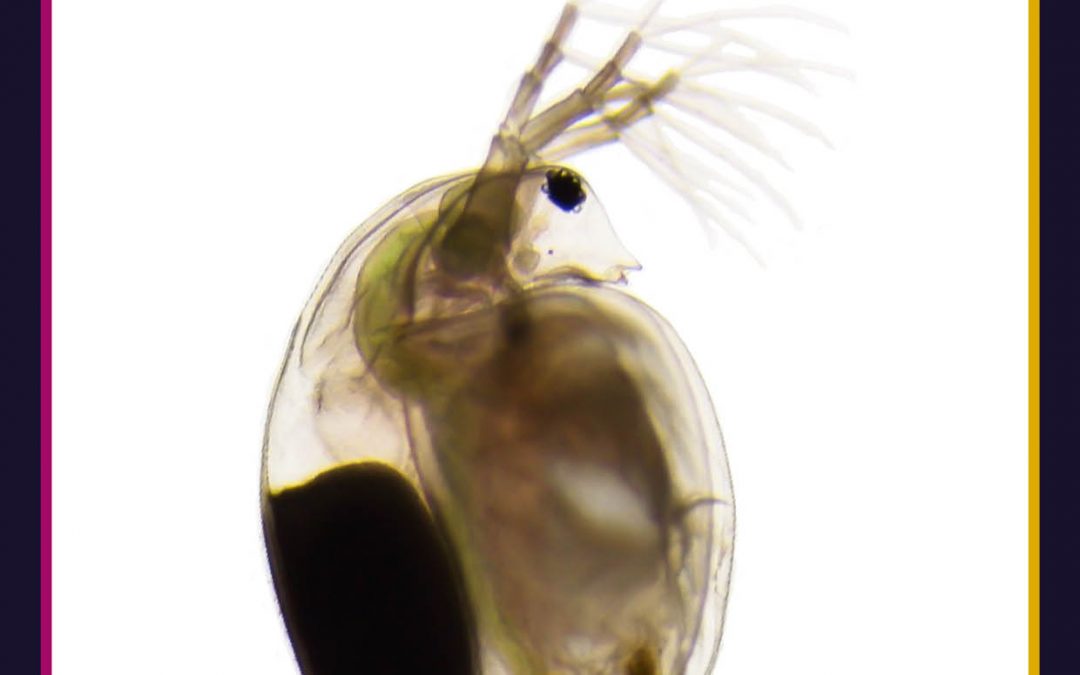
by admin | Feb 23, 2022 | biology, health and medicine
Despite their numerous side effects, opioid drugs and morphine-like agents have remained a pillar in the medical management of pain. Most clinically used opioid drugs act through mu opioid receptors. Dr Ying-Xian Pan and his team from the Rutgers New Jersey Medical School, USA, studies the molecular and cellular mechanisms of mu opioid receptors and aim to develop novel strategies and opioid analgesics for better treating pain without side effects associated with traditional opiates. Efforts to find substitutes for traditional opioid drugs are helping address the opiate abuse crisis that affects many countries around the globe.

by admin | Feb 23, 2022 | biology, health and medicine
Identifying the cause of an illness in a sick baby or child is not always easy, particularly if the disease is rare. Throughout his career, Dr Michael Wangler, at the Baylor College of Medicine and Jan and Dan Duncan Neurological Research Institute, has investigated rare childhood diseases. Combining his expertise in paediatrics and genetics, Dr Wangler utilises genomics, metabolomics and the humble fruit fly to identify the genes responsible for rare and undiagnosed diseases to improve both diagnosis and treatment.

by admin | Feb 11, 2022 | biology, biology animated, health and medicine, health and medicine animated, research animated, trending
Amid the global COVID-19 pandemic, we face challenges that require innovative and strategic responding. Dr Aldo Bonasera at Texas A&M University in the USA and Laboratori Nazionali del Sud, Istituto Nazionale di Fisica Nucleare in Italy, and Dr Hua Zheng at the School of Physics and Information Technology, Shaanxi Normal University in China, have taken a mathematical approach to compare the current COVID-19 pandemic with the Spanish Flu. Their findings have led to important recommendations for managing the current pandemic through vaccination programmes.

by admin | Feb 9, 2022 | biology, earth and environment, trending
To study the climate of the ancient past, researchers look for its fingerprints in deep marine and lake sediments. Within these geological records are large and active microbial communities that may hold other clues about past environmental conditions and transitions. Tor Einar Møller [Tore Ee-naar Moe-lerr], a doctoral candidate at the University of Bergen, Norway, examined the link between contemporary microbe composition and the ancient climate. In a recent paper, he demonstrates that current microbe communities found within sediment cores capture elements of past environments.

by admin | Feb 2, 2022 | biology, earth and environment, trending
Identifying species with accuracy is important for numerous reasons; for instance, accurately knowing which organisms are present in an ecosystem is essential for informing conservation strategies to protect it. Therefore, if there is any question about an organism’s identity, it is important to document that uncertainty. However, levels of uncertainty are unknown for many research groups that carry out biological monitoring. James Stribling and Erik Leppo from Tetra Tech, Inc.’s Center for Ecological Sciences introduce a process for deriving uncertainty values, by studying the rates at which freshwater organisms in the US tend to be misidentified.

by admin | Jan 19, 2022 | biology, engineering and tech, trending
Water-treatment processes are essential for water reuse in municipal, agricultural and industrial applications. Wastewater treatment ensures our safety and prevents sickness and death from parasites and contaminants every year. However, certain chemical contaminants, such as pharmaceuticals and pesticides, are difficult to remove from water, and can accumulate in the food web, eventually entering our food supply and potentially causing adverse health outcomes. Dr Luisa Orsini [Loo-ee-sah Oar-see-nee] and her colleagues at Daphne Water Solutions Ltd have developed a cutting-edge water-bioremediation technology, which is based on the use of small aquatic invertebrates called water fleas. By removing harmful contaminants from water, the sustainable and eco-friendly technology enables water reuse, while protecting human health and the environment.






